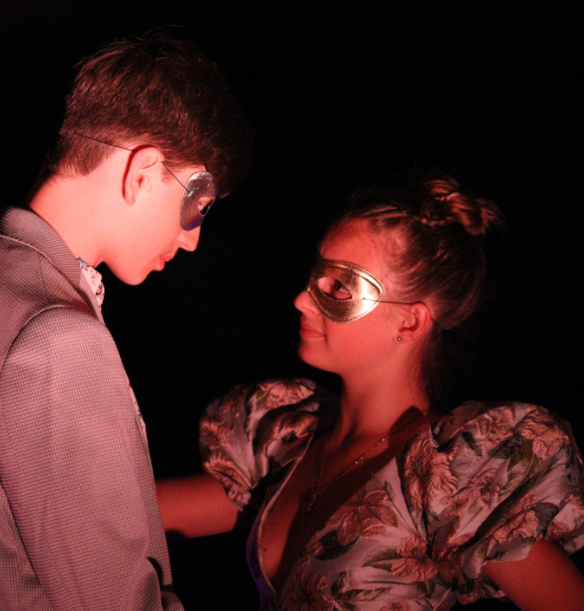
7 Improv Mistakes: A Beginner’s Guide
Improv is an art form that thrives on spontaneity, collaboration, and creativity. However, like any art form, there are common pitfalls that beginners often fall into. Here’s a guide to understanding and avoiding these common mistakes.
1. Blocking: Disregarding Contributions
Blocking is the act of shutting down or dismissing another player’s idea.
Example:
- “It’s such a sunny day!” “No, it’s not.”
- “Let’s go swimming!” “But we’re in a desert.”
Blocking can stifle the flow of a scene and hinder collaboration. In real-life interactions, this might look like:
- “This cake is delicious!” “Actually, it’s pie.”
2. Wimping: Being Non-Committal
Avoiding commitment to a specific idea can leave a scene directionless.
Example:
- “Where should we go on vacation?” “Somewhere nice.”
- “What shall we eat for dinner?” “Something we like.”
By not offering specifics, the scene lacks a clear path forward, mirroring real-life situations where indecision can lead to inaction.
3. Pimping: Shifting Responsibility
This involves pushing the responsibility of idea generation onto others.
Example:
- “What’s the plan?” “You tell me.”
- “Where should we start?” “You decide.”
Constantly deflecting can make one player bear the weight of the scene, leading to imbalance.
4. Gagging: Overusing Jokes
While improv often leans comedic, forcing jokes can derail a scene.
Example:
- “I’m the king of this land!” “More like king of this sandbox!”
- “I love chicken.” “You are a chicken.”
Prioritizing quick laughs over story integrity can limit the depth and richness of a scene.
5. Hedging: Avoiding Direct Answers
Being overly vague or evasive can frustrate the progression of a scene.
Example:
- “What’s in the box?” “Oh, just some things and stuff.”
- “Where have you just come from?” “Over there.”
Such ambiguity can prevent a scene from developing a clear direction.
6. Bridging: Delaying Decisions
Postponing key actions can drain the energy from a scene.
Example:
- “We need to escape the island.” “First, let’s discuss our feelings about islands.”
- “We must leave now.” “Wait, it isn’t that urgent.”
Taking direct action, both in scenes and in life, often leads to more dynamic outcomes.
7. Cancelling: Undoing Established Facts
This involves negating or erasing previously established elements in a scene.
Example:
- “I can’t believe we found this hidden treasure!” “Actually, it’s just a board game.”
- “I have cleaned the entire house.” “The house is still dirty.”
Consistently undoing established facts can make a scene feel disjointed and prevent it from building on previous ideas.
Recognizing and avoiding these common improv mistakes can help beginners craft more engaging, dynamic scenes. As with any skill, practice and awareness are key. Whether on the improv stage or in daily interactions, embracing collaboration and adaptability can lead to richer, more rewarding experiences.






